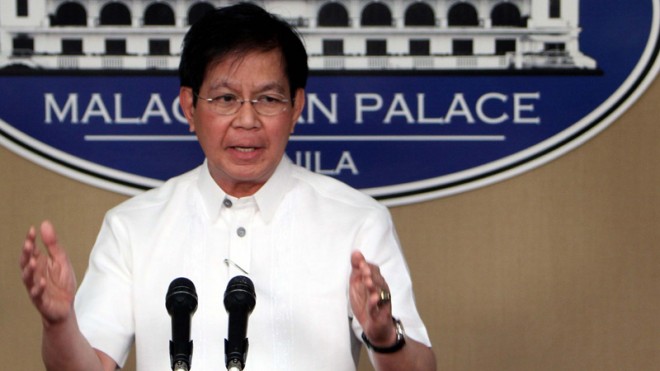Senators on Tuesday backed a proposal to strip local executives of powers to appoint the heads of police at the municipal and provincial levels, in a move aimed at professionalizing the often maligned force by ending political patronage.
Sen. Panfilo Lacson, a former national police chief, who chairs the committee on public order and dangerous drugs, said the practice has led to “abuses” and left officers beholden to local government officials instead of the Philippine National Police as an institution.
“It erodes professionalism because, instead of being beholden to the chain of command, what police officers do is seek favors from local government executives,” Lacson said in a committee hearing.
The senator has a pending bill challenging the Constitutional provision that grants local executives the “appointive jurisdiction” over police officers. In his draft, Lacson said “there is nothing that prevents Congress from reviewing the wisdom and logic” behind Article 16, Section 6, of the organic law.
The provision states that “the authority of local executives over the police units in their jurisdiction shall be provided by law.”
This practice has led to “controversies in the past” due to “a public perception that conflict of interest arises when provincial directors and police chiefs end up being indebted to local chief executives,” he said.
“Officers who want to lobby to become chiefs of police or provincial directors look for backers to get them close to governors or mayors. This diminishes professionalism,” Lacson said in an interview.
Abuses
He stressed that this has led to a scenario where policemen have been used by local chief executives to carry out abuses.
During the hearing, League of Provinces of the Philippines executive director Angelica Sanchez bucked Lacson’s Senate Bill No. 971, saying local officials knew the peace and order situations in their jurisdictions best.
To this, Sen. Gregorio Honasan said: “Why should these (appointment of police chiefs) be governed by what the local government executive thinks or feels?”
“The AFP (Armed Forces of the Philippines) and the PNP are not pretorial guards or private security agencies or armies of the political leadership. And if you scale this down—Director Sanchez, you can communicate this (to governors)—especially during elections, you are forcing the PNP and, sometimes the AFP, to be partisan,” said Honasan, a former soldier.
PNP Director for Plans Noel Vargas said the police organization fully supported Lacson’s proposal and admitted that some officers had become too “beholden to local executives” that they tend to follow them more than the chain of command.
He cited instances when local officials would reject the PNP’s list of nominees, despite having undergone a strict vetting process.
